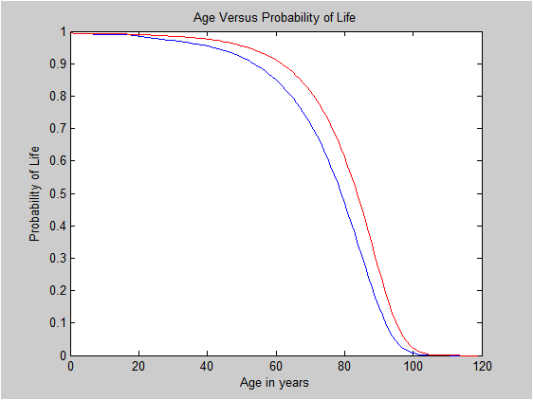Cancer rates have been increasing since 1950. And they are expected to keep increasing.
According to French researchers, the incidence of cancer is expected to increase by more than 75% by the year 2030 in developed countries, and over 90% in developing nations.
See:
Cancer Rates Expected To Increase 75% By 2030 - Medical News Today.
Many cancer drugs that were heralded as wonderful when they came out were later proven to extend life of patients by just a couple of months. A lot of progress has been made on treatments since 1950, but further breakthroughs seem to get harder and harder.
Back on the cancer increase, how about stopping it? Obviously, we do not know how, or cannot.

